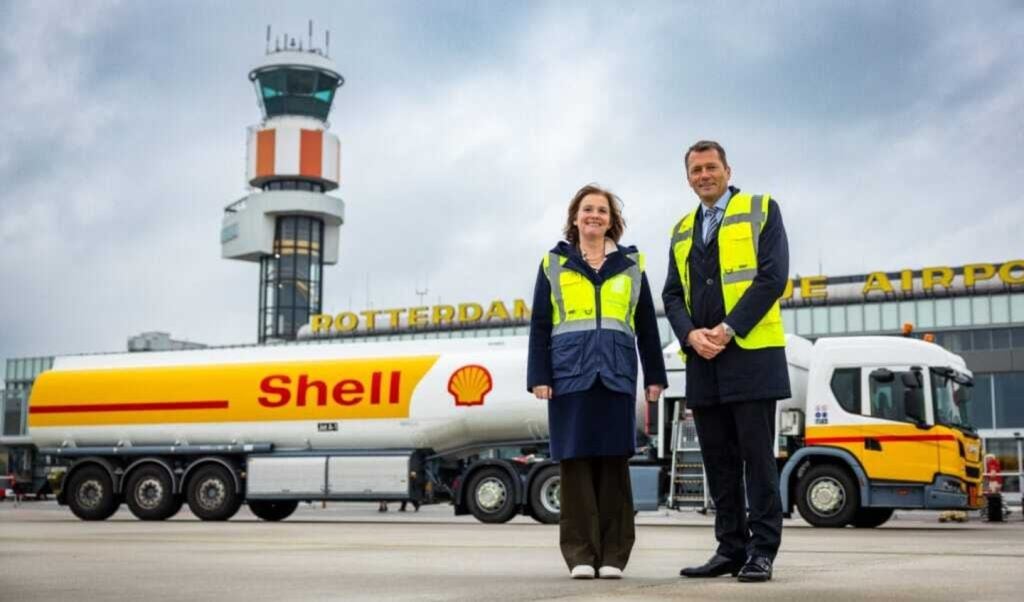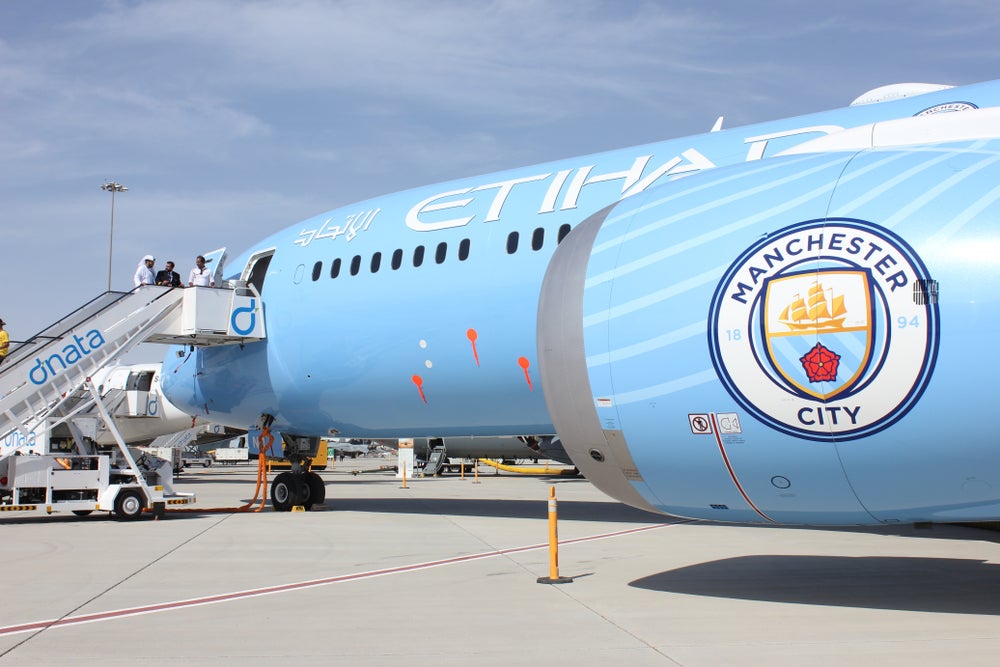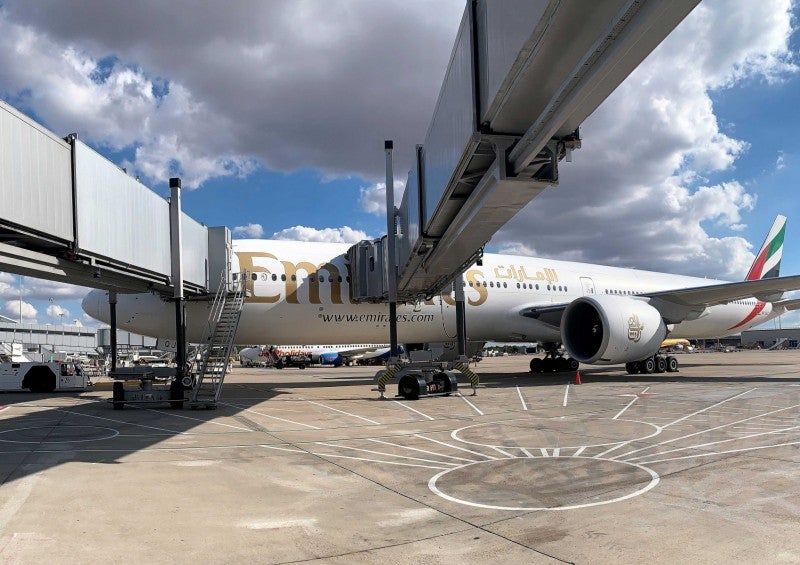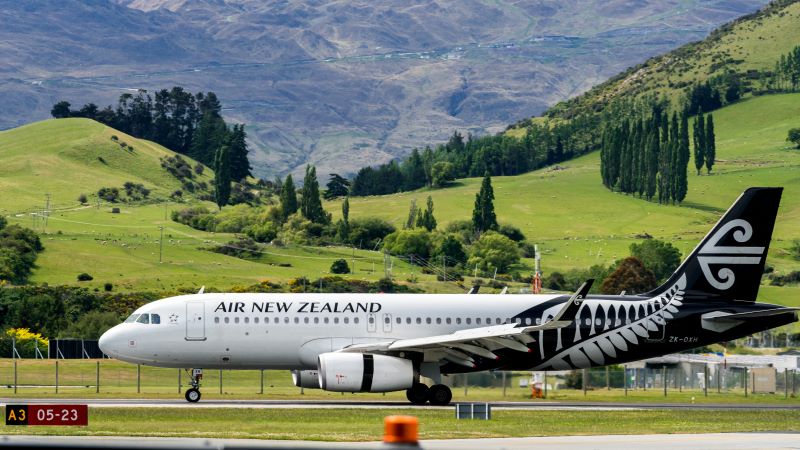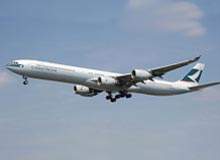
Future Airport: What are the main points you are looking to raise at the World Leaders Forum?
Angela Gittens: We industry players are in this together. We need greater collaboration with airlines, air traffic management and facilitation providers to streamline the industry. Our industry is undergoing fundamental changes in travel habits, perceptions of service, environmental caution and mergers, yet our four basic priorities never change: safety and security, environment, economic vitality and customer service delivery. So we must continue to deliver in a constantly changing environment.
FA: If there was one piece of constructive advice you could give to the aviation industry at the moment, what would it be?
AG: Take advantage of the down time and do what you don’t have time to do in a boom growth period: train your staff, perfect your performance in audits and benchmarking, improve the efficiency of IT platforms, and care about your customers in difficult times. For airlines, use the crisis as an opportunity to collaborate with airports and others to streamline and gain efficiencies across the service chain. Rather than asking airports not to charge airlines for the facilities they use, airlines should work with the airports to reduce the cost to everyone of providing facilities and services, while maintaining an acceptable level of customer service.
FA: OPEC is suggesting that it will keep the price of fuel at $75 a barrel. Given that this was the price when the industry was producing record-breaking traffic figures, is it a sustainable price for the industry now?
See Also:
AG: We aren’t airlines, but we count on them, so stability is better. Airlines need to plan as do we and it is important for them to commit to us and the communities we serve. A constantly fluctuating major cost makes that difficult and airports pay the price of airline short-term management decisions: reduced routes, downsizing aircraft and capacity reductions. Biofuels may change that landscape.
How well do you really know your competitors?
Access the most comprehensive Company Profiles on the market, powered by GlobalData. Save hours of research. Gain competitive edge.

Thank you!
Your download email will arrive shortly
Not ready to buy yet? Download a free sample
We are confident about the unique quality of our Company Profiles. However, we want you to make the most beneficial decision for your business, so we offer a free sample that you can download by submitting the below form
By GlobalDataFA: When do you expect passenger figures to increase; will they ever return to their record highs of early 2008?
AG: ACI forecasts remain positive, despite the rapid decline seen in late 2008 and early 2009. Realistically, today’s business climate is not showing ready signs of improvement, but there is some stabilisation, particularly in certain markets, which gives us positive glimmers of hope.
Of course, it’s impossible to predict when the cycle will start to climb, but there are factors indicating that the tide will turn. Our forecasters looked at data from airports, OAG bookings and trends, revised GDP forecasts from 40 countries, aggregated by region, and reviewed the four previous recessions since 1974. Our analytic assumption is that the current crisis is more acute than the previous recessions and that this downturn will be deeper and longer.
So there will be a slowing, but not radical departure from our long-term forecast for resumed growth and expansion. Global markets are thirsty for aviation, and developing nations put their hope on better ties with other nations. Communities worldwide depend on aviation so, when the economy stabilises, airports will need to be ready to handle a resurgence in demand.



